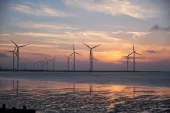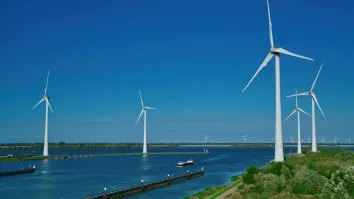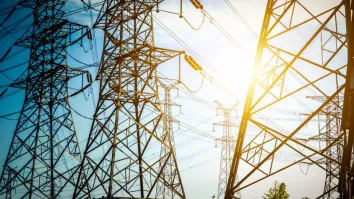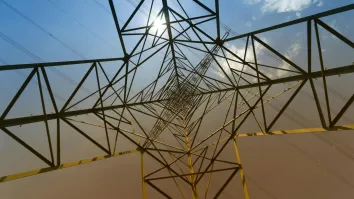Sea radiation from Fukushima reaches triple of Tepco's estimate
Radioactive material released into the sea in the Fukushima nuclear power plant is three times more the amount estimated by plant operator Tokyo Electric Power Co , Japanese researchers say.
Japan's biggest utility estimated around 4,720 trillion becquerels of cesium-137 and iodine-131 was released into the Pacific Ocean between March 21 and April 30, but researchers at the Japan Atomic Energy Agency put the amount 15,000 trillion becquerels, or terabecquerels.
Takuya Kobayashi, a researcher at the agency, said the difference in figures was probably because his team measured airborne radioactive material that fell into the ocean in addition to material from contaminated water that leaked from the plant.
He believed Tepco excluded radiation that originally came from airborne material. The report does not include cesium-134 as the research group initially lacked resources to measure it, meaning the amount of estimated radioactive material will increase with further calculations.



















 Advertise
Advertise






